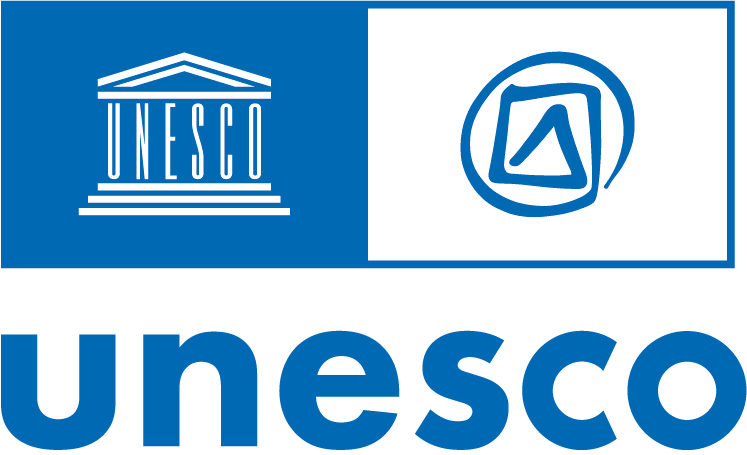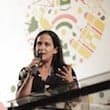Module 1: What is intangible cultural heritage?
Chapter 1: Intangible cultural heritage as living heritage
Chapter 2: Key concepts of the Convention for the Safeguarding of the Intangible Cultural Heritage
Chapter 3: The Convention’s Lists and Register
Chapter 4: The Convention for the Safeguarding of the Intangible Cultural Heritage and other related UNESCO conventions
Module 2: Communities and their intangible cultural heritage
Chapter 1: Who are the communities?
Chapter 2: Why are communities at the centre of intangible cultural heritage safeguarding?
Chapter 3: Community participation
Chapter 4: Community-based approaches
Module 3: Safeguarding intangible cultural heritage
Chapter 1: Transmission and safeguarding
Chapter 2: Safeguarding measures
Chapter 3: Inventories and safeguarding plans
Chapter 4: Ethics in safeguarding intangible cultural heritage
Module 4: Intangible cultural heritage and gender
Chapter 1: Intangible cultural heritage shapes gender identities
Chapter 2: Dynamic gender roles - dynamic living heritage
Chapter 3: Gender-responsive approaches to safeguarding intangible cultural heritage
Module 5: Intangible cultural heritage for sustainable livelihoods and inclusive social development
Chapter 1: Intangible cultural heritage and the 2030 Agenda for Sustainable Development
Chapter 2: Intangible cultural heritage and education
Chapter 3: Intangible cultural heritage and health
Chapter 4: Intangible cultural heritage and income generation
Chapter 5: Intangible cultural heritage, food security and agriculture
Module 6: Intangible cultural heritage for resilience, environmental sustainability and peacebuilding
Chapter 1: Intangible cultural heritage, natural disasters and climate change
Chapter 2: Intangible cultural heritage in conflict-related emergency situations
Chapter 3: Intangible cultural heritage and preventing and solving disputes
Conclusion: Intangible cultural heritage for building a sustainable future for humanity
 CS50's Introduction to Computer ScienceHarvardX | Course
CS50's Introduction to Computer ScienceHarvardX | Course Artificial Intelligence: Implications for Business StrategyMIT Sloan School of Management | Executive Education
Artificial Intelligence: Implications for Business StrategyMIT Sloan School of Management | Executive Education Supply Chain ManagementMITx | MicroMasters
Supply Chain ManagementMITx | MicroMasters Computer Science for Game DevelopmentHarvardX | Professional Certificate
Computer Science for Game DevelopmentHarvardX | Professional Certificate


